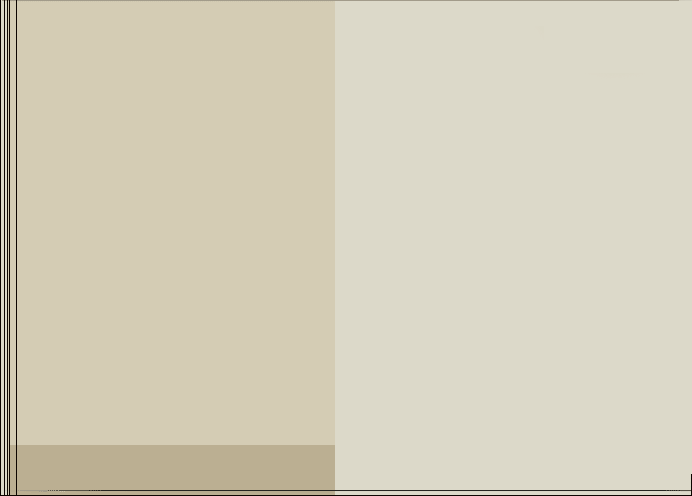 |  |
 |









Jewish warriors |
Tens of thousands of Jews, including Petersburg residents, fought on the fronts of the First World War. They also served in social organizations, helping the army, in sanitary units, hospitals, and charitable institutions for invalids. Baron A. Gunzburg joined the so-called "Tatyana's committee" which provided relief for the refugees. But until the February revolution, Jews were generally not promoted to the rank of sergeants, to say nothing of commissioned officers, and very seldom decorated with St. George's crosses - only for exceptional exploits. The position of Jews in the army as well as in other spheres improved only after the March 20, 1917 decree.![]()
Hundreds of Petrograd Jews who had secondary or higher education began to enter military schools, to which they had been denied admission until the revolution. Twenty Jews finished the Peterhof school of warrant officers in August, but even before that Kerensky began promoting the most distinguished Jews decorated with St. George's crosses to officer's rank. Thus, for example, the magazine "Yevreyskaya Nedelya", or "The Jewish Week" wrote with pride that on May 16th volunteer Averbukh, decorated with St. George crosses of the 3rd and 4th classes, was promoted to the rank of warrant officer. On October 15, 1917 the Jewish warriors held a meeting for the purpose of creating the Union of Jewish Warriors of the Petrograd Garrison. A magazine under the same title began publication.![]()
Young Jewish intellectuals of St. Petersburg, who voluntarily went to military schools in order to defend Russia, joined the defenders of the Provisional Government in 1917. There were so many Jews among the cadets defending the Winter Palace that the Cossacks called to defend the government's residence justified their retreat to the barracks by alleging that "all Russians are with the Bolsheviks and only Jews stay here". The Jewish cadets did not leave their posts until the last minute. A sentry named Shapiro was posted in front of the room where the government was sitting. Jews of Petrograd also took part in the cadets' rebellion during the first days after the October revolt. The Jewish cadets killed during the days of the uprising were buried in the military section of the Jewish cemetery which had been opened in 1914.![]()
Cadets near the Winter Palace. October, 1917. Photograph


